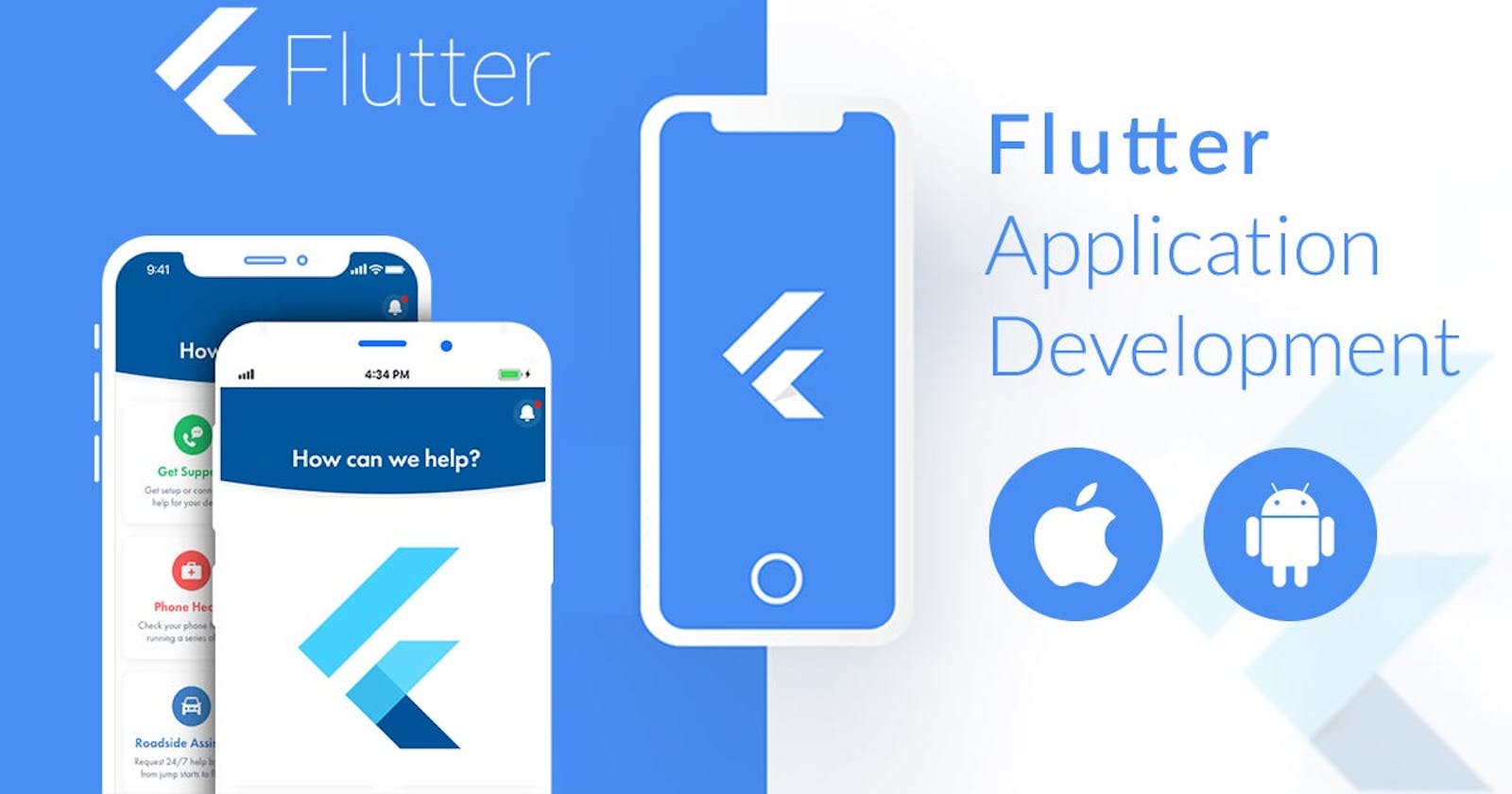Flutter is an open-source mobile application development framework that was created by Google. It was first introduced in 2017 and has gained a lot of popularity since then. Flutter allows developers to create high-quality, cross-platform mobile applications for iOS, Android, and web, all from a single codebase. In this blog post, we will discuss in detail what Flutter is, its features, advantages, and limitations.
What is Flutter?
Flutter is a mobile application development framework that allows developers to create high-quality, cross-platform mobile applications using a single codebase. It was first introduced in 2017 and is built using the Dart programming language, also created by Google. Flutter provides a fast development cycle, a reactive programming model, and easy to use widget libraries, allowing developers to create visually appealing and performant mobile applications.
Features of Flutter
Flutter comes with a lot of features that make it an excellent choice for mobile application development. Here are some of the most important features of Flutter:
Hot Reload
Flutter comes with a feature called Hot Reload, which allows developers to make changes to the code and see the results immediately without having to restart the application. This feature can significantly speed up the development process.
Widget Libraries
Flutter comes with an extensive collection of pre-built widgets that can be used to build user interfaces. These widgets can be customized and combined to create visually appealing and interactive UIs.
Fast Development Cycle
Flutter's fast development cycle, combined with Hot Reload, allows developers to create and iterate on mobile applications quickly.
Cross-platform
Flutter allows developers to create mobile applications for both iOS and Android platforms, as well as for the web, using a single codebase. This significantly reduces development time and cost.
Reactive Programming
Flutter uses reactive programming, which allows developers to build applications that can react to changes in real-time.
Expressive and Flexible UI
Flutter provides a flexible and expressive UI that allows developers to create custom widgets and animations.

Advantages of Flutter
Flutter offers several advantages over other mobile application development frameworks. Here are some of the most important advantages of Flutter:
Fast Development
Flutter's fast development cycle, combined with Hot Reload, allows developers to create and iterate on mobile applications quickly.
Cross-platform Development
Flutter allows developers to create mobile applications for both iOS and Android platforms, as well as for the web, using a single codebase. This significantly reduces development time and cost.
Performance
Flutter's performance is excellent, and its applications are known to be fast and smooth.
Customizable Widgets
Flutter provides a customizable set of widgets that can be used to build visually appealing and interactive UIs.
Reactive Programming
Flutter's reactive programming model allows developers to build applications that can react to changes in real-time.
Easy to Learn
Flutter's learning curve is relatively low, and its documentation is well-written and straightforward to follow.
Limitations of Flutter
Flutter also has some limitations that developers should be aware of before choosing it as their mobile application development framework. Here are some of the most important limitations of Flutter:
Size of the Application
Flutter applications tend to be larger in size than native applications.
Limited Third-Party Libraries
Flutter has limited third-party libraries compared to other mobile application development frameworks.
Limited Support
Flutter is a relatively new framework, and its community is still growing. Developers may face difficulties finding answers to specific problems.
Conclusion
Flutter is an excellent choice for mobile application development. Its fast development cycle, cross-platform capabilities, and customizable UI widgets make it an ideal choice for developers looking to build high-quality, visually appealing, and performant mobile applications. However, Flutter's limitations, such as its application size and limited third-party libraries, should also be taken into consideration when choosing it as a mobile application development framework.

